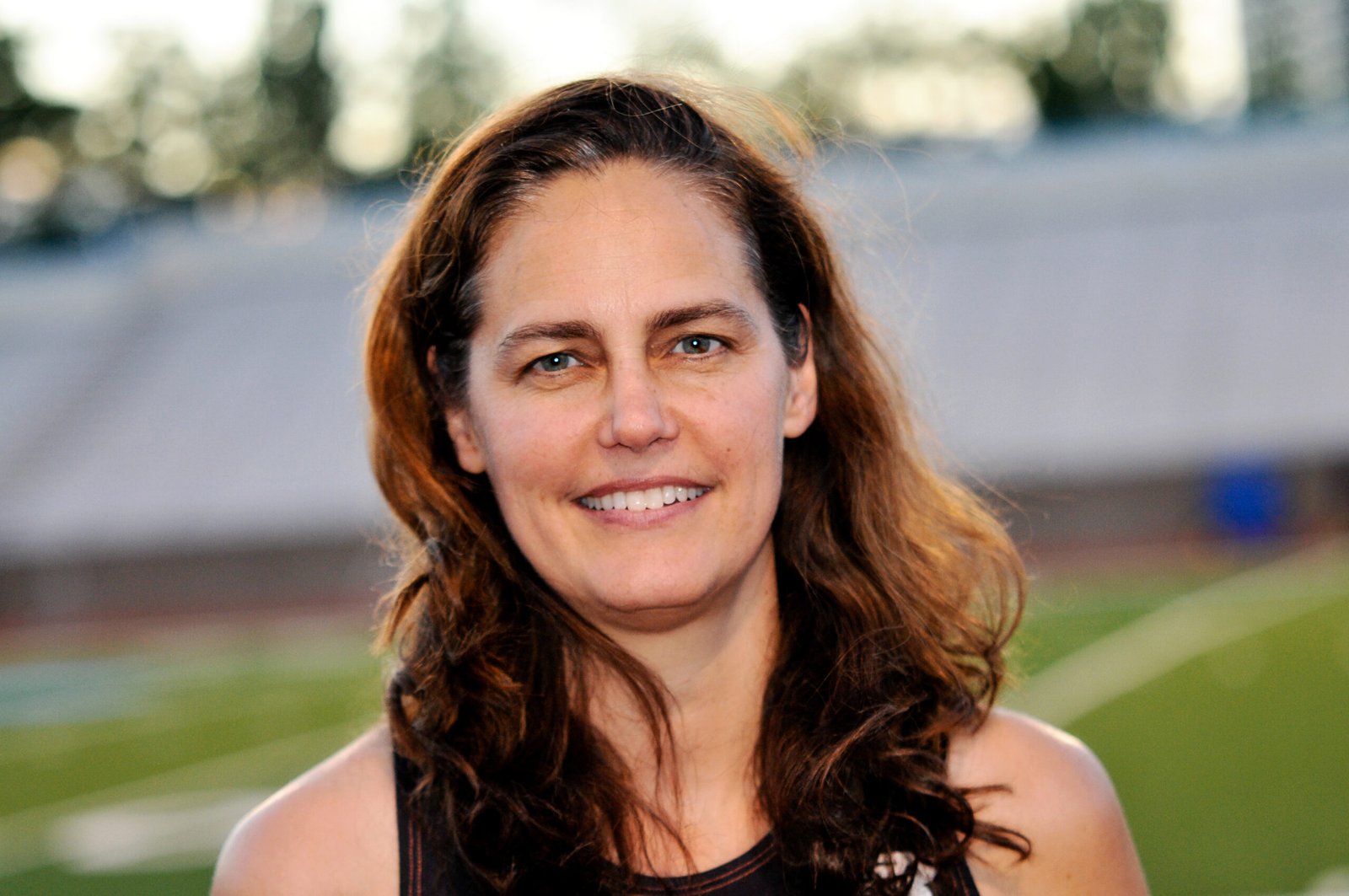Several years ago, I interviewed then-NFL linebacker Brandon Copeland in an interview originally published in Thrive Global. Here is an excerpt from our interview:
Adam: What is something about you that your fans don’t know?
Brandon: I love buffalo wings. If I could only eat a single food for the rest of my life, I would be extremely happy with wings. (I always choose blue cheese though, never ranch!)
Adam: What is the most surprising thing about life in professional sports? What is something that would shock fans?
Brandon: There is no such thing as a “dumb jock” in professional sports. You have to be intelligent to learn the intricacies of your team and your opponent’s team week-to-week. Players make the conscious choice to put as much of their mental energy towards this life-changing opportunity. We have a once-in-a-lifetime opportunity to make an amazing living that can change our family’s lives forever.
Adam: How did you become a professor of financial literacy at Wharton? And what are the key lessons you try to impart to your students?
Brandon: The financial realities of life—budgeting, credit, loans—aren’t skills typically taught in schools, but financial decisions are some of the most important and constant decisions we face daily.
I look back and wish I had learned about finances when I was growing up, which would have helped me avoid a few bad decisions from my early 20s. My personal lack of financial education growing up, combined with the idea of “financial fitness” and how it relates to your overall mental health, inspired me to start teaching my class, “Life 101” at my alma mater, University of Pennsylvania, to make this information accessible and relatable.
My guiding principle? Avoid making important decisions under high stress. Next time you have to make a financial decision—like making a big purchase or managing debt—bring to mind your long-term goals. Whenever I face a challenging decision, I think about the big picture and ask myself, “At the end of my days, will I look back and smile on this?” Keeping your goals top-of-mind gives you a much higher chance of being able to look back on the decision in hindsight with confidence that you made the best choice possible given the circumstances.
Football is my passion but realistically I know I won’t be able to play the game forever. I’ve always made it a priority to ensure I’ll be prepared financially for the long term when football isn’t in the picture. I’ve seen what happens when people spend their money quickly, only thinking about the ‘now’ and not thinking about the long-term implications.
A recent study that I have been involved in with Capital One, the Mind Over Money Study, sheds light on how stress can impact financial decision-making. When people are stressed, they are less likely to save and plan for the future, which makes sense – we all can relate to how hard it is to take a step back and think rationally when we’re stressed out, especially during unprecedented times.
But the study findings also offer hope: even a quick change in perspective can help us feel more in control. This resonates with me because my most valuable gift is perspective, which has allowed me to use negative energy and failure as motivating fuel to power me through the good and bad times.
Adam: What experiences, failures, setbacks, or challenges have been most instrumental to your development and success on and off the field?
Brandon: One of the most powerful experiences has been dealing with the loss of my grandmother in the eighth grade. I believed I missed out on spending time with her prior to her passing. This was my last regret. Since then, I live with no regrets and make time for anything I am interested in but, especially spending time with my family.
Adam: In your experience, what are the defining qualities of an effective leader? How can leaders and aspiring leaders take their leadership skills to the next level?
Brandon: The best leaders focus on serving others. They put the group ahead of themselves because they understand they cannot accomplish the team’s goals without the group at full strength, mentally and physically. They lead by example and show the way as opposed to offering lip service.
Adam: What are your three best tips applicable to entrepreneurs, executives, and civic leaders?
Brandon: Stress comes with the territory. There is stress in every job, but ours is a bit heightened since everything begins and ends with us as the owner/leaders.
A quick change in perspective can help combat this stress by stepping back and understanding your why; the reason you sought this life course in the first place. If it was for certain people or your family’s well-being, please remember to enjoy the journey with them.
Finally, and most importantly, pull others up the ladder while you climb. The real power in being a leader is encouraging (and assisting) others to run their races as you run yours.
Adam: What is your best advice on building, leading, and managing teams?
Brandon: Clearly communicate your roles, expectations, and goals to each member. So many leaders miss this because we don’t consider that there could be miscommunication. Spending time to properly communicate and connect will allow you to limit mistakes and shorten the learning curve for your team.
Adam: Who are the greatest leaders you have played with and what have you learned from them?
Brandon: Former defensive tackle Haloti Ngata was a great leader on and off the field. He attacked every day with the same manner and constantly worked on the details of his craft. Quarterback Josh McCown is a man who inspires anyone through his excellent communication skills. I have taken mental notes on how he is able to get a crowd of alphas to follow his word.
Adam: Who is the best teammate you ever had and why? What are the characteristics of a great teammate?
Brandon: I’ve played with so many amazing people it is hard to single out one but here are a few that come to mind:
-
Former wide receiver Calvin Johnson (Megatron) – Extremely humble and hardworking.
-
Former defensive tackle Haloti Ngata – Nothing but positive energy when this man walks into a room. The love and pride he has for his family is inspiring.
-
Former linebacker Tahir Whitehead – He has similar characteristics to both of the men above. Tahir is very intentional about giving back his time and resources to his personal community and anyone seeking assistance.
Adam: What are the best lessons you have learned through your career in sports that are applicable to those of us who will never earn a living playing pro ball?
Brandon: Everyone has their own financial journey with varying goals and values, so I always like to share advice that can be applicable to everyone – regardless of income level or where you are in your life. Recently winning the NFLPA Alan Page Community Award is a testament to that idea and I’m more focused than ever on helping people achieve financial wellness. Here are some practical tips that I use to stay on track and make smarter money decisions:
-
You can’t stress what you can’t control: During my rookie year, someone told me “you can’t stress what you can’t control” and this has stuck with me throughout my career. I can’t control if the roster is getting cut from 90 to 53 people, those decisions are out of my control. But what I can control is being a player worth keeping on the team. I can control showing up on time, being present when I show up, etc.
-
Keep your goals in front of you: Reminders can be as simple as making your goals the screensaver on your cell phone. This small but consistent reminder can ensure that your goals are always top of mind, especially when making financial decisions.
-
Don’t let the last play affect your next play: If there is a decision you’re not happy about, accept it, learn from it and move on. We’ve all had that one cheat meal that led to an entire weekend of unhealthy eating. Again, the key is to accept it and move on—because all decisions add up.
Adam: What is the single best piece of advice you have ever received?
Brandon: My grandfather used to say, “It’s a poor rat that only has one hole.” Create as many options and plans for yourself, leaning into your passions and interests where you can. Having options in anything you do is always a good thing.
Adam: What can anyone do pay it forward?
Brandon: Find some way to help and encourage today’s younger generations. You have the opportunity to create a real legacy, so use your “platform” wisely to help the next generation change the world for the better.









